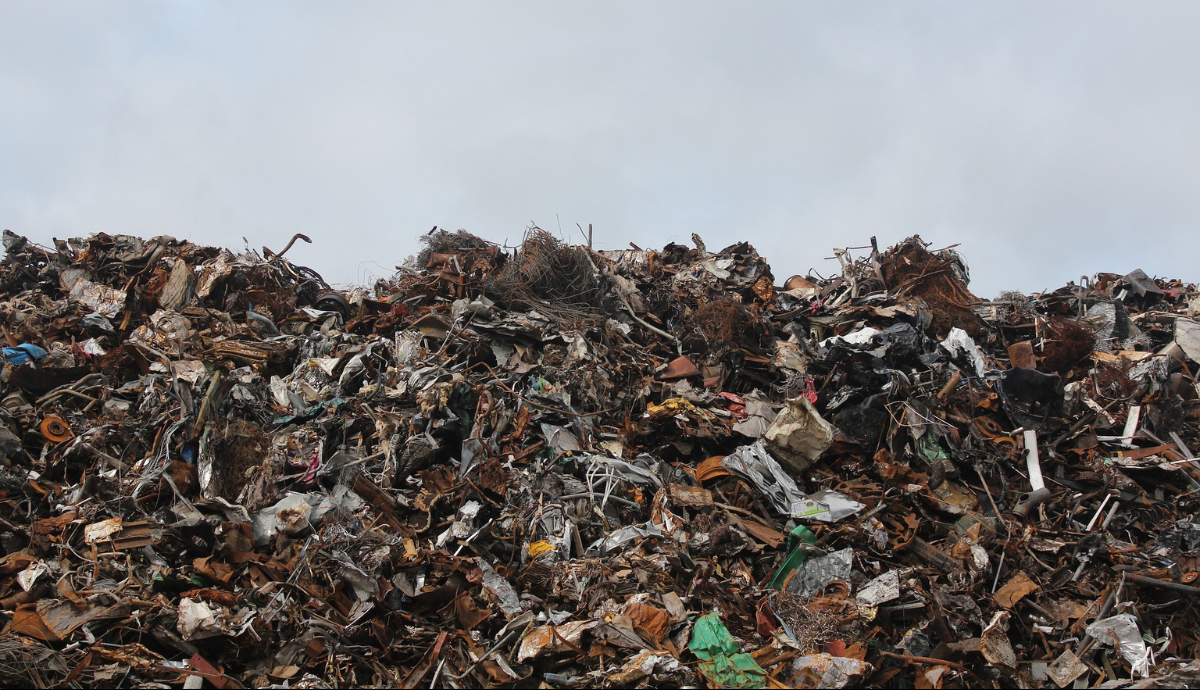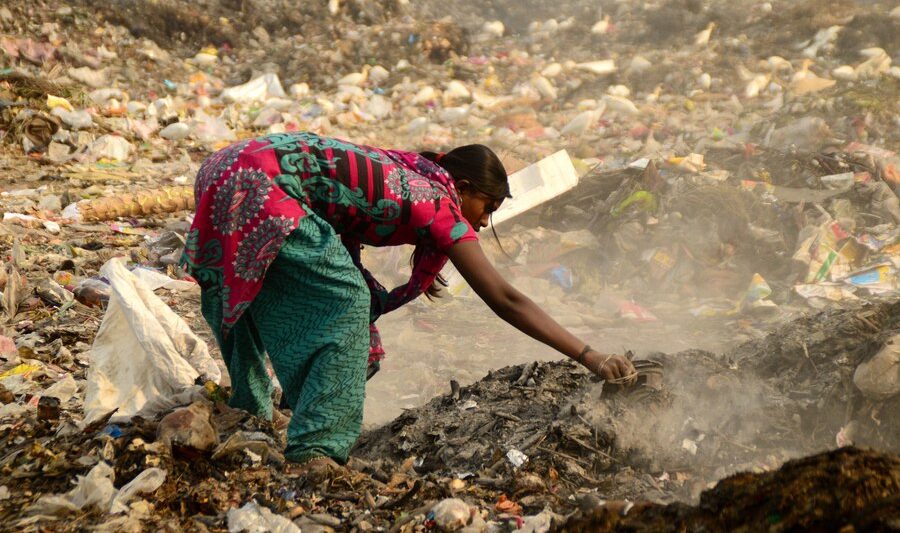- As humanity prospers on the back of revolutionary advancements brought about by some of the most incredible cutting-edge technologies, the challenges of diverse nature encountered are also real and should draw the attention of the authorities concerned unequivocally. Humankind is known to traverse stretches and cross seas in search of greener pastures, and the modernity-defined migration from rural areas to urban centers is an organic phenomenon deserving complete understanding and measures to help sustain growth. One of the most obvious fallouts of the perennially expanding urban landscape around the globe is the carbon footprints and the organic disposal of humongous waste generated by the burgeoning population.

PC: Crapbin
- As urban dwellers would vouch, the waste segregation into wet and dry, biodegradable and non-biodegradable has gained traction over the years but hasn’t met with desired success in ensuring the carbon footprints are minimized. Of course, government authorities are introducing measures to address the disposal of waste scientifically, but the old practices continue unabated despite monumental efforts at disseminating information for the people to adhere to guidelines. Needless to mention, managing waste is complex as the civic agencies tasked with the purpose would mention it in no uncertain terms. Here, the contribution of the citizens is paramount to supplement the efforts of the civic agencies. Let’s look at some solutions being bandied about.
- Disposing of waste by incinerators is one such solution that is as bad as the problem itself. Turning waste into energy, and therefore, greening it, is an excellent plan. But plans in India have a way of subverting the very purpose behind them. Media reports in Delhi have highlighted problems with Jindal group’s Timarpur-Okhla waste-to-energy plant. There’s also a New York Times report on this. Indian cities have a huge problem with landfills rotting mountains oozing methane leachate. Waste-to-energy plants, or incinerators, appeal to policymakers seeking instant, high-tech solutions – they promise to cut trash volume, generate electricity, and produce ash that can be used for construction. But they are unsuited to India. Why?

PC: Freepik
- Simply because of our large proportion of organic and wet waste, which takes more energy to dry and reach scorching temperatures. Even Europe and the US are witnessing a backlash against incinerators. But they are being set up everywhere in India. A much better way for India is decentralized waste management – segregation at source, in-situ composting, and minimizing waste creation to be sent to landfills is the sustainable way. It is this ecosystem, this task flow, at the source – refuse collector to recycling managers – that needs to be professionalized, replacing the raggedy motley of workers with trained waste management professionals, in private and govt sectors. Govts must make companies take responsibility for industrial waste causing public harm.






